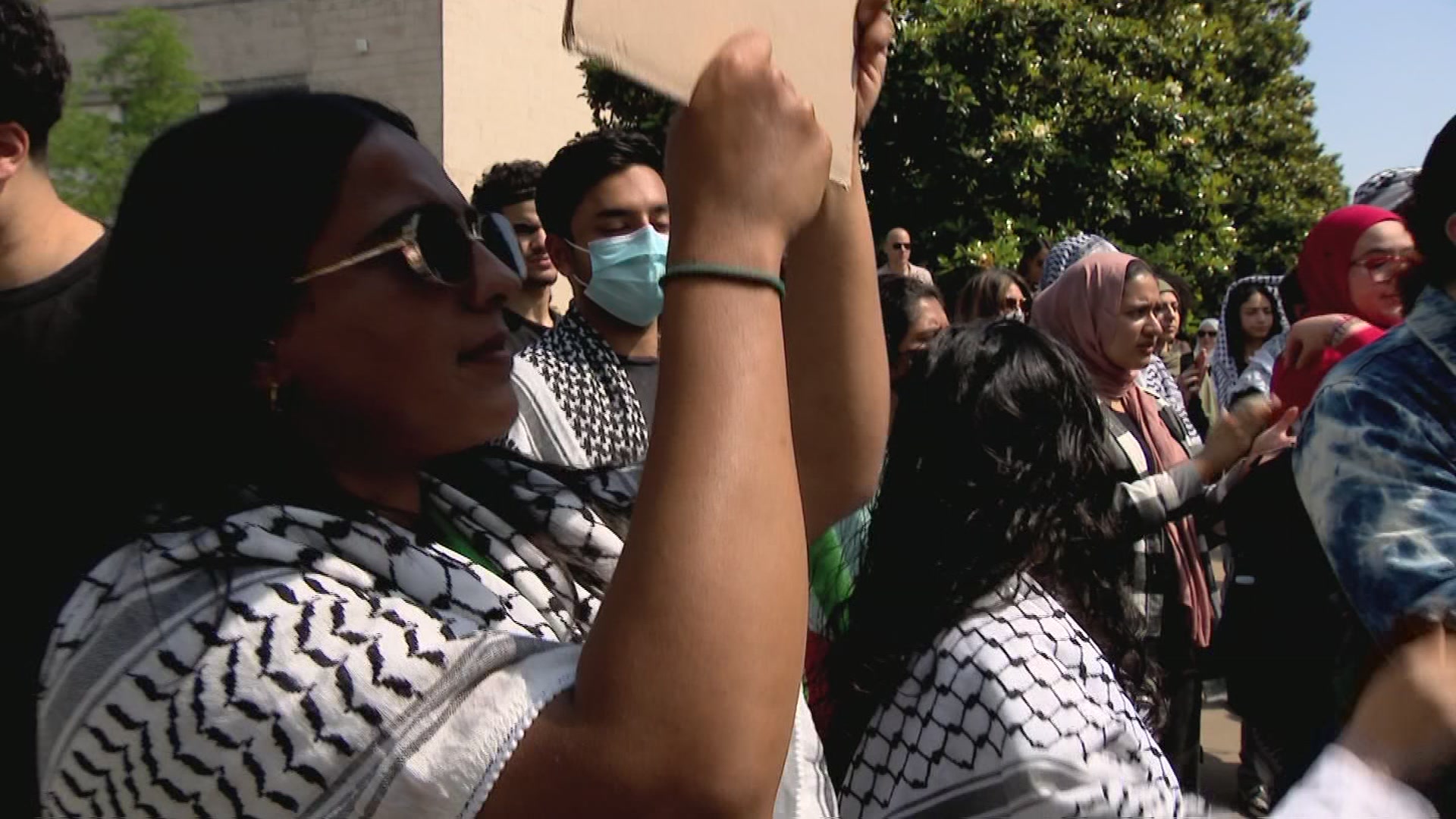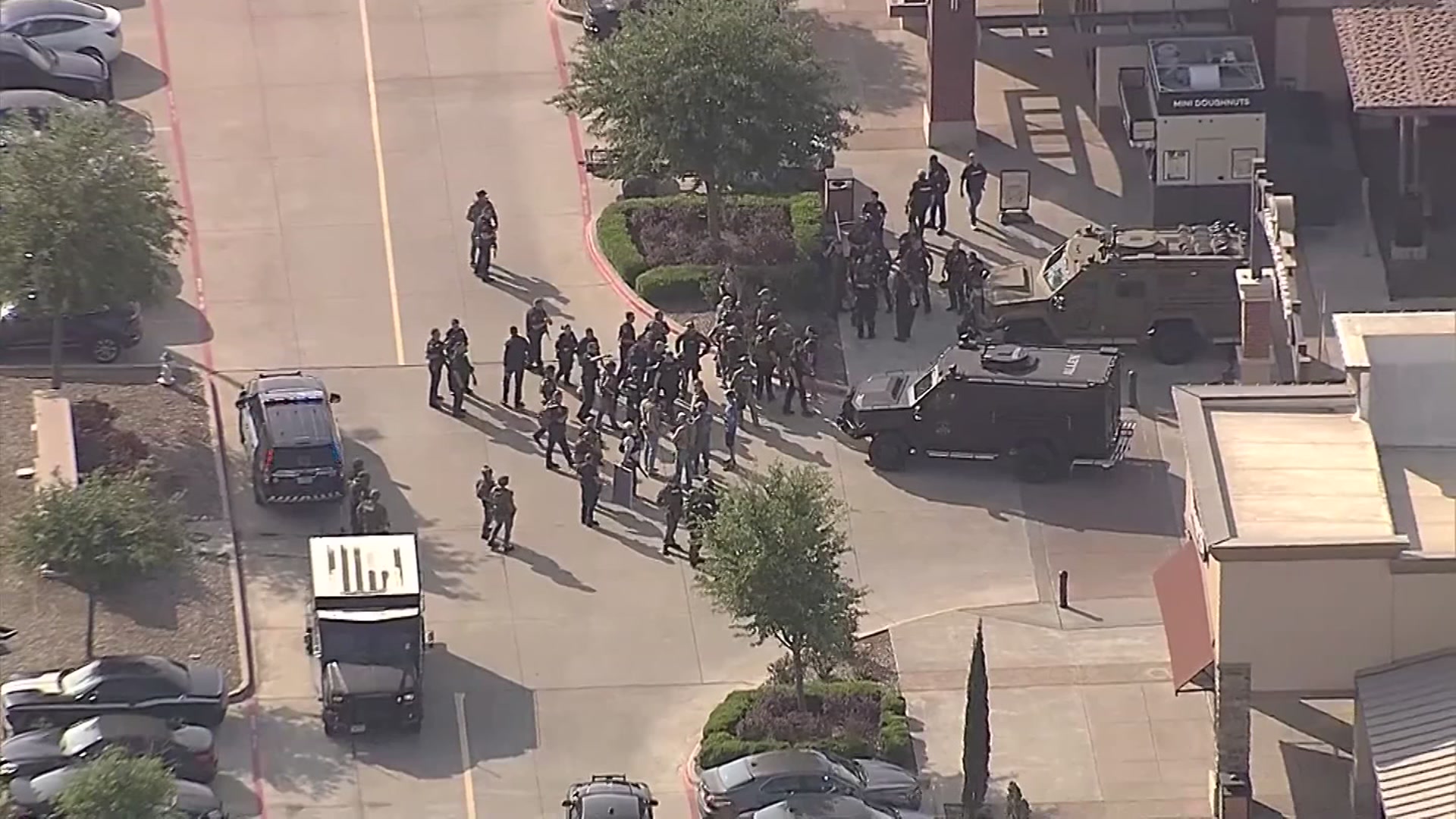On Wednesday President Trump commuted the sentence of Alice Johnson, a 63-year-old grandmother serving a life sentence for nonviolent drug and money laundering charges.
One of Johnson's attorneys and staunchest legal advocates is Brittany Barnett, a former SMU law student advocating on behalf of federal inmates like Johnson through the Buried Alive Project.
"They are buried alive. Life without parole in federal prison is just that, a fundamental death sentence," Johnson said sitting behind a pile of manila envelopes filled with letters from federal inmates seeking her organization's help.
According to the Sentencing Project drug offenders make up a third of the approximately 6,700 federal inmates serving life sentences.
The project's goal is to eliminate life-without-parole sentences for nonviolent drug offenders and reduce the number of people in federal prison serving life for nonviolent drug crimes.
Hundreds of letters have been sent to Barnett and the team of SMU law students who read each one.
"They're very much alive and screaming for help," Barnett said.
Local
The latest news from around North Texas.
Barnett said each inmate deserved to be punished, but a virtual life sentence is disproportionate.
"You sell drugs, there is punishment that comes with that and that punishment is often imprisonment, but it does not mean that you should spend the rest of your life in prison," Barnett said.
Johnson is the eleventh person the Buried Alive project has helped gain their freedom.
"Justice has been served today, and it's long overdue," Barnett said. "Alice has more than paid her debt to society by serving over 21 years of a life-without-parole sentence as a non-violent drug offender."
Sharanda Jones, who was convicted in a drug conspiracy case in 1999, knows what Johnson's first taste of freedom was like.
"It was like I'm truly out of the grave now. This voice from the outside has spoken up for me and I am blessed to be alive," Jones said.
Barnett considers Johnson's clemency a victory, and a sign to keep pushing for sentencing reform.
"We incarcerate more people than any other country in the world," she said. "It's a moral crises, one of the most pressing civil rights issues of our time."



